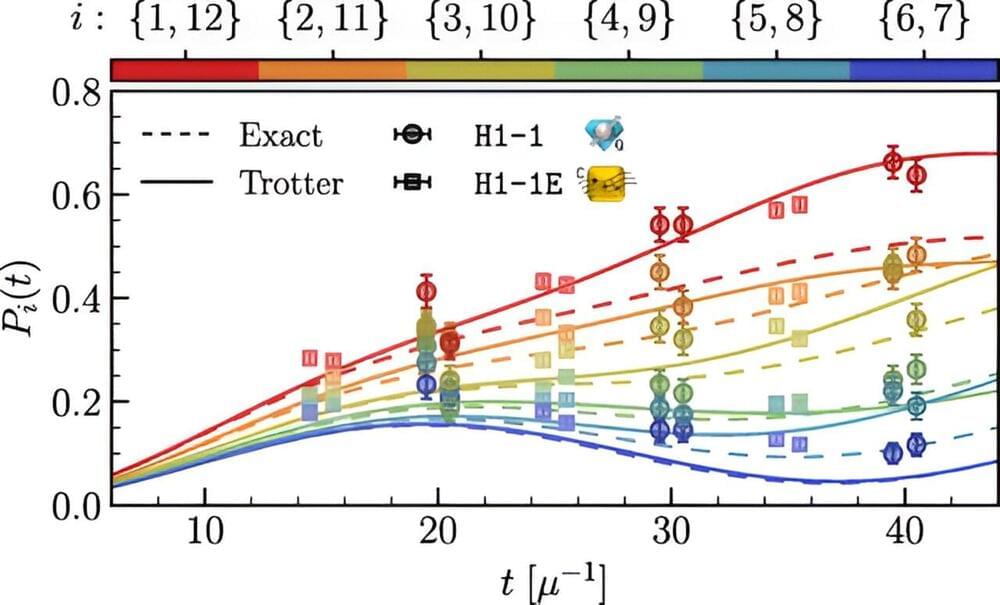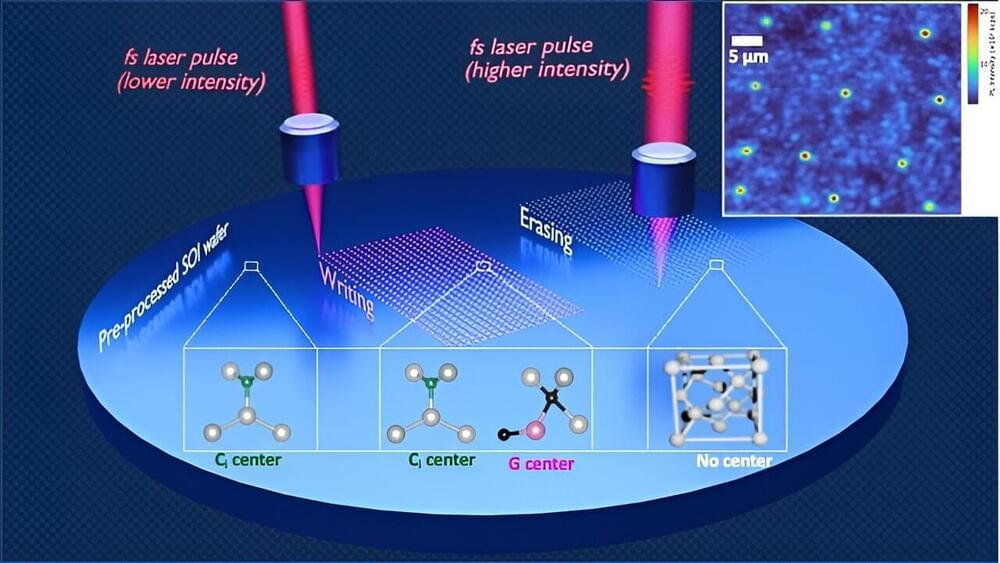As noted by Musk in his update, Tesla is just finalizing the construction of Giga Texas’ supercomputer cluster. He also noted that the electric vehicle maker would be attempting to get the supercomputer cluster online in the coming months. The cluster is expected to further accelerate the progress of Tesla’s FSD efforts, which is crucial for the rollout of the company’s dedicated Robotaxi, which will be unveiled on August 8, 2024.
While Musk was all work in his Giga Texas update during Independence Day, he also took some time to poke fun at Meta CEO Mark Zuckerburg, who posted a video of himself wakeboarding in a suit and sunglasses, sipping some beer, and holding up an American flag to celebrate the Fourth of July. Zuckerburg’s video went viral, with social media users noting that it made the Meta CEO very likable and cool.







